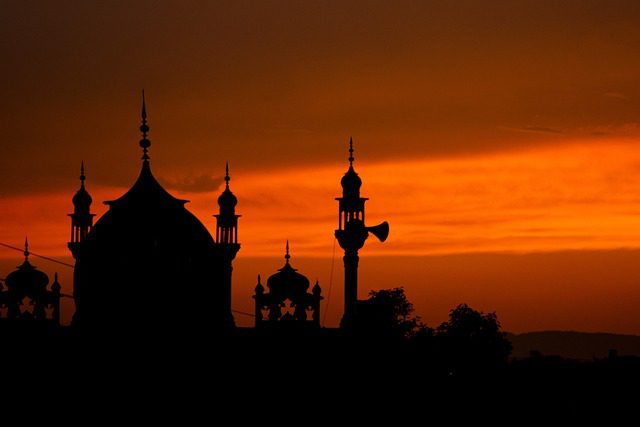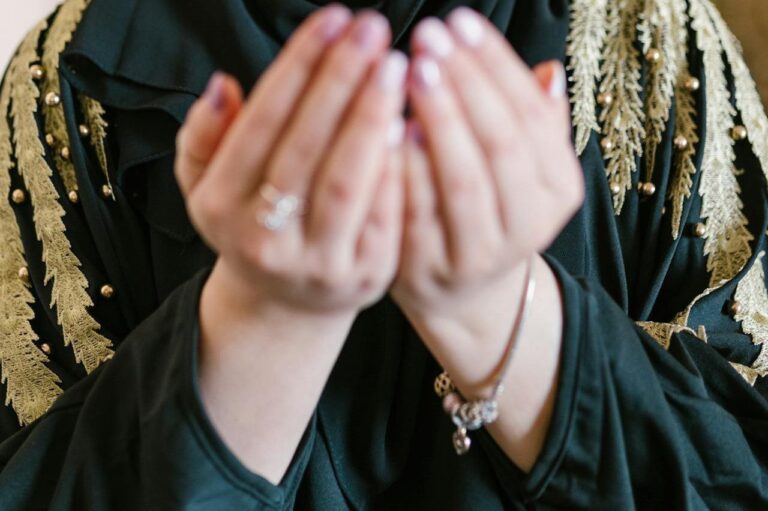Understanding the Significance of Ramadan Timetable
A crucial aspect of the Islamic month of Ramadan, the Ramadan timetable serves as a daily guide for the fast, prayers, and various spiritual activities. It not only marks the time to abstain from food and drink but signifies the importance of a structured day that revolves around worship and community. For Muslims around the world, this Ramadan timetable is a valuable tool that fosters discipline, patience, and a deeper connection to God.
This blogpost will enhance your understanding for the significance of the creating and following a Ramadan timetable. Don’t miss out on the essence of each sacred moment during this holy month. Read this blogpost to deepen your knowledge and appreciation. Click here to explore the spiritual benefits of Ramadan.
Significance of Ramadan Timetable
Importance of Starting the Fast on Time
The meticulous Ramadan fasting timetable is more than a ritual; it’s a daily test of observer’s commitment and discipline. Observing the start of the fast at the correct time, known as ‘Fajr,’ is the take-off of a day’s commitment to the virtue and sanctity of Ramadan.
Importance of Breaking the Fast on Time
It is also crucial to manage timetable for fasting Ramadan. The ‘Iftar’ marks the end of one’s abstention. This moment not only emphasizes the nourishment required after a day of fasting but also the importance of punctuality and gratitude for the meal enjoyed each night. This is the time when Muslims sit on their dining tables, seek forgiveness and perform gratitude of Allah Almighty.
Structuring Daily Prayer Routines
Ramadan calls for an increased focus on prayer. Ramadan prayer timetable gives you the better opportunity to organize the five daily prayers around the needs of fasting. Fajr and Maghrib are associated with pre-dawn and post dusk meals. Isah is associated with tarawih. You have to just manage Duhr and Asr in your timetable.
Time for Acceptance of Prayers
Muslims believe certain times of the day are more auspicious for the acceptance of prayers. These timings are mentioned in various hadiths. The time before dawn, time in the depth of night, time in the night of Qadr, the time when one prostrate, time of starting and breaking a fast. Timetable gives you the opportunity and ensures that these moments are not missed.
Time for I’tikaf
For those who engage in Itikaf—a period of isolation within the mosque for intensified worship—the time is last 10 days of Ramadan. Its time start with staying at mosque before sunset on the 20th of Ramadan and ends with sighting the mood of Shawwal. Observers spend every moment of his Ramadan timetable in seclusion in remembrance of Allah.
Creating and Following a Timetable for Ramadan
Planning Suhoor and Iftar
Thorough planning is vital for maintaining health and energy levels. Iftar and Suhoor timings are crucial for praying and gratitude to Allah Almighty. A well-thought-out Suhoor and Iftar schedule ensure a balanced diet and enable better observance of religious duties.
Managing Tarawih Time
Core of the Ramadan are fasting and the night prayers. It is observed that attending family gathering on Iftar dinners, overeating in Iftar, shopping for Eid in Ramadan, and improper sleep can make it difficult to manage your Tarawih. So avoid them to gain the maximum advantage from this Ramadan.
Maintaining Sleep Time
Sleep plays a pivotal role in reserving energy to fulfill the day’s activities, particularly during the often-depleted timeframe of Ramadan. Proper sleep timings should be included in Ramadan timetable. 5 to 6 hours of sleep at night and midday sleep for half and hour is a booster of energy to maximize the Ramadan benefits.
Balancing Worship and Daily Life
Finding a balance between one’s spiritual pursuits and daily commitments requires planning and time management. Most of the people struggle harder in their businesses during Ramadan as compared to other months so they neglect the blessings and essence of Ramadan. The timetable should allow for both without compromise.
Utilizing Technology for Reminders
In the modern world, technology can provide invaluable support in adhering to the Ramadan timetable, with apps and notifications keeping individuals on track with their daily routine. Using Islamic apps for Prayer timings, Iftar and Suhoor timings can support you to make focus on the core of the Ramadan.
Cultural and Social Aspects

Attending Ramadan Events and Gatherings
The Islamic community often invites on Iftar dinners and events during Ramadan, that the timetable can help to ensure your participation. But keep in mind your prayers and tarawih should not be compromised for gatherings and events.
Supporting Each Other in Fasting
Ramadan is about collective support. Whether through family, friends, or local communities, the timetable is a basis for mutual encouragement and assistance in the observance of the fast.
Community Engagement
Ramadan is a prime time for charity, community service, and strengthening kinship ties. Last 10 day of Ramadan is a chance to help and support those who are observing I’tikaf. The timetable can be used as a reference for planning acts of giving and communal engagement.
Conclusion
The Ramadan timetable is an indispensable feature of this sacred month. It draws a roadmap that guides millions of Muslims on a daily quest for faith, personal improvement, and unity. Despite the challenge of adapting to modern life, the Ramadan timetable remains a profound link to tradition and a unique opportunity for a fulfilling spiritual experience. It encourages contemplation, self-discipline, and the joy of shared human experiences, which lies at the heart of the Ramadan observance. By understanding and honoring this schedule, we not only achieve the prescribed worship but also grow as individuals and contribute to the well-being of our communities.









